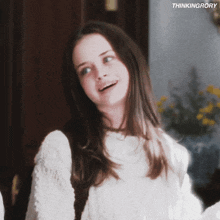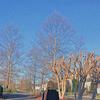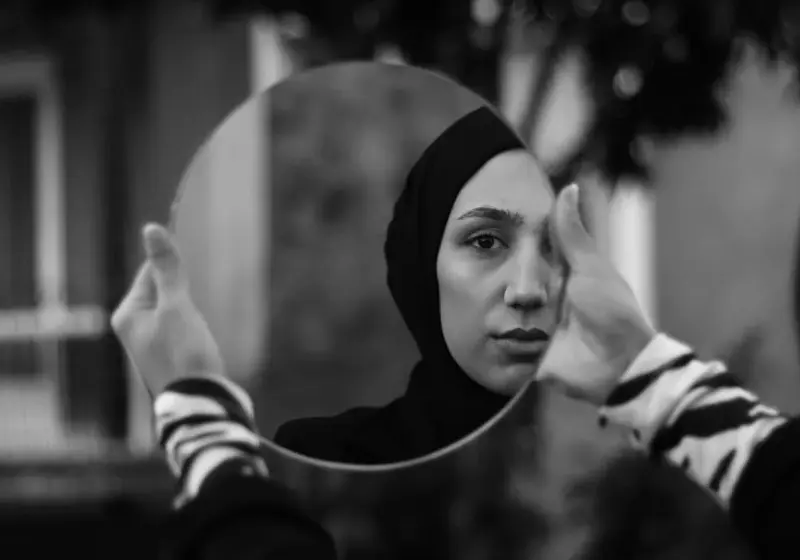The hijab is a common term that refers to the head covering that Muslim women wear to express their religious identity. On the first of this month, France’s Senate voted to ban the hijab in public areas for women under the age of 18. France has also placed a ban on burkinis, Muslim women's swimwear, and has banned mothers from wearing a hijab when they are accompanying their children on school trips.
Let us slide into your dms 🥰
Get notified of top trending articles like this one every week! (we won't spam you)From a Hijabi
As a hijabi teenager, hearing this news was shocking and confusing. For me, putting on the hijab when I was only 14 was a personal decision to strengthen my faith as a Muslim. No one, except for myself, told me to put on the hijab, and it has been one of the most humbling and liberating decisions of my life. This piece of cloth is not only a symbol of my religion, but a shield against the evils of society, and a source of confidence for whom I truly am.
Take the Quiz: Which Indian city is the perfect holiday spot for you!?
Let's match you with an Indian city that you would love!
Women and Islam
One of the most prominent newspapers in France, Le Figaro, wrote, “The majority [of the Senate] thus voted in favor of the prohibition in the public space of any religious sign by minors and of any dress or clothing which would signify an inferiority of women.”
Reading that the hijab signifies the “inferiority of women” is laughable. Islamic history has proven to not oppress, but liberate women. A prime example of this is the conditions of Arabian women before the Prophet Muhammad (peace and blessings be upon him) and Islam.
Before Islam, women were not allowed to receive inheritance, own property, or get a divorce. This all changed after the advent of Islam.
During the Prophet’s (pbuh) time, women even fought beside him in battles. During The Battle of Uhud between the Meccans and Muslims in 624 CE, a female companion of the Holy Prophet (pbuh), Umme Ummaarah (may God be pleased with her) fought alongside her husband and sons. She fought so bravely and fearlessly in defense of the Prophet when other men had wavered. The Prophet (pbuh) witnessed her steadfast courage and had even said, “By God! Today Umme Ummaarah has preceded all those men in courage!”
France’s History of Islamophobia
France’s rationale of somehow liberating Muslim women with this ban is extremely Islamophobic. However, this Islamophobia is nothing new; it has existed in the nation for centuries. France's dictatorship of Muslim women’s attire specifically is noted as early as 1989, when three female students were suspended for refusing to remove their hijabs in class.
This Islamophobia intensified in 2015 with the Charlie Hebdo shooting, in which a prominent French sattirical newspaper called Charlie Hebdo portrayed a cartoon of Prophet Muhammad (pbuh). Depictions of how the Prophet looked like is forbidden in Islam. This incited a heinous terrorist attack (an attack which is strongly condemned by Islam).
President Emmanuel Macron took this attack as an opportunity to further spread Islamophobia and had said, “this is a typical Islamist terror attack” and “Islam is a religion globally in crisis.”
More recently, in October 2010, France passed a bill that prohibited the wearing of face coverings in public places. Violating this could mean a large fine or even prison.
This ban is quite ironic due to the pandemic; face coverings are required to stop the spread of Covid-19, but banned for Muslim women.
The instagram account @thelegalburqa has said, “It’s illegal to wear a #burqa or #niqab in public transport. But it’s also mandatory to wear #facemasks in public transport. How can these two things exist at the same time?”
France and Feminism
France’s decision to ban the hijab is not only Islamophobic but is anti-feminist, as the nation is using religion as an excuse to dictate what women can and can not wear. This ban is extremely out of a place for a so-called progressive country.
The idea of female empowerment is not synonymous with wearing less clothing; all feminists can agree that this empowerment comes with wearing clothing that makes one feel confident with herself. For many female Muslims, including myself, this female empowerment is accomplished with the hijab.
Hey France: My Hijab, My Choice
As a Muslim woman, the hijab is a tool for me to remain modest and to strengthen my faith. France’s vote to ban the hijab for women under the age of 18 is greatly upsetting, especially knowing that the nation has misinterpreted what the hijab truly means. My prayers go out to all the Muslims in France; I hope and pray that this bill does not get passed and that French Muslims achieve religious freedom.









.jpg)

